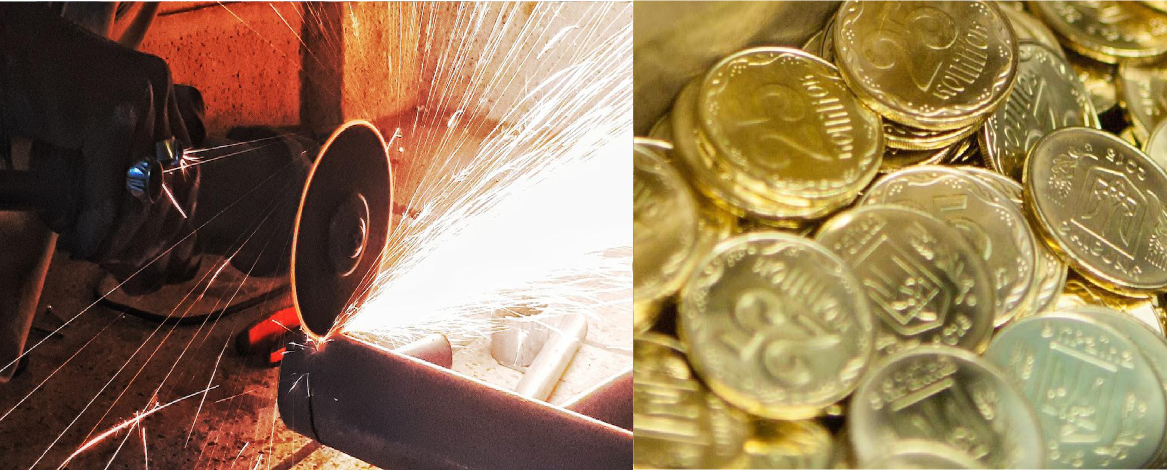
Economics for all
Gain access to current and easy-to-understand socio-economic analysis. We want to help all citizens understand the economy and the market,...

Towards Economic Literacy in Europe
Platform for socio-economic learning

Gain access to current and easy-to-understand socio-economic analysis. We want to help all citizens understand the economy and the market,...
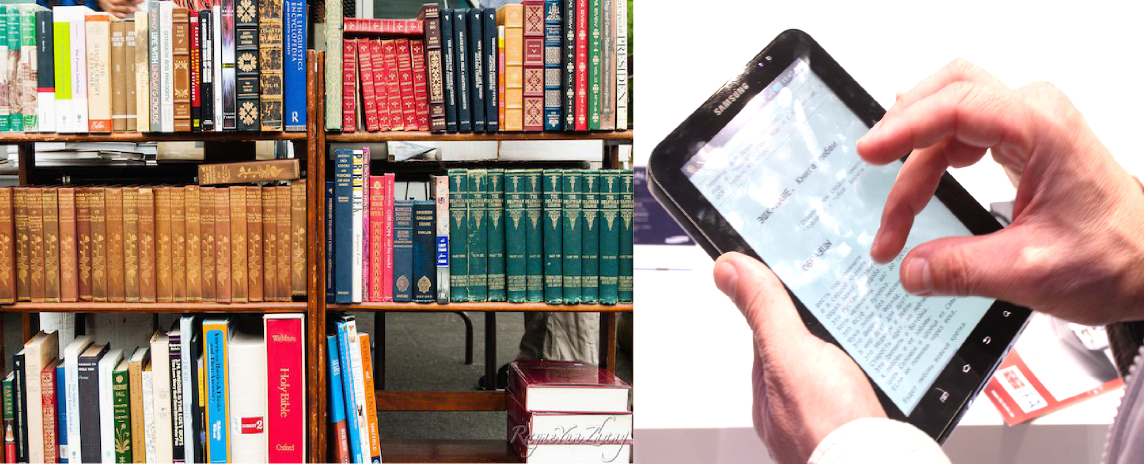
Take part in a unique platform for socio-economic learning, created for you by economists from diverse schools of thought, and...
... play an important role in society and are shaping its character more and more. But what is that, the market? Who creates the money, and how? Will there be less work as a result of digitalisation? Do we need economic growth? How do we create social justice? Economists and adult educators from seven EU countries are developing a multilingual learning platform on these and other questions. We invite you to approach the world of economy and develop a new understanding of economics. This can be fascinating and exciting! Get in touch with us!
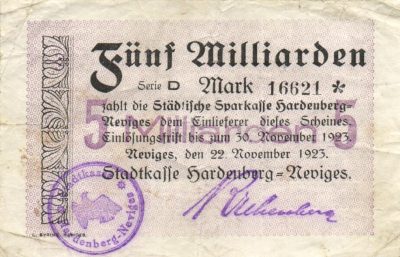
Prices in Europe have been rising since 2021. It was quickly defined as inflation. Some economists did not want to...
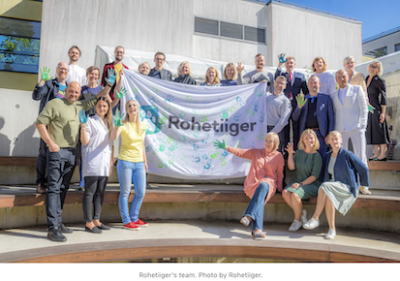
The transition to a green economy not only requires idealism and initiative but also data; Estonia’s Rohetiiger (Green Tiger) collaboration...
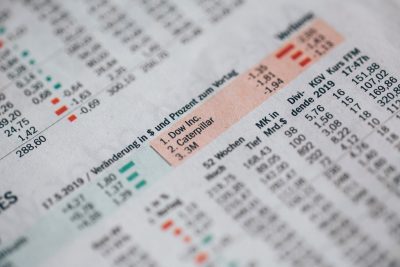
According to the economic forecast of the Ministry of Finance, the bottom of the crisis has been overcome and economic...
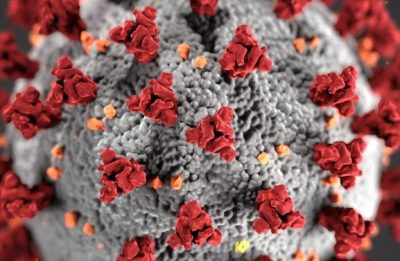
The COVID-19 footprint in small countries is of strong influence.The information technology and communication sector was the least hit by...

At the end of last year, the European Commission introduced the "European Green Deal" which represents a set of policy...
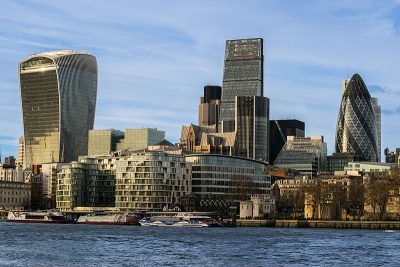
The creation of money and debts: The filmmaker Carmen Losmann asks the grandees of the financial world naive questions, questions...
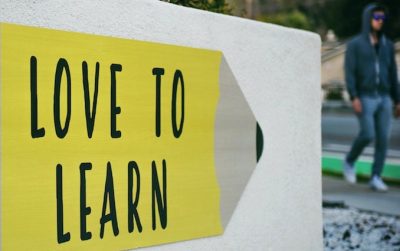
The university professor for Economic Sociology and Social Science Education, Reinhold Hedtke, discusses convictions on citizen's participation and the civic...

... but still Poland is lagging behind. Experts from the OECD and the Observatory prepared a set of 30 Country...

Either politicians have the courage to redistribute wealth or major conflicts are imminent. Either way, you can sometimes hear it...
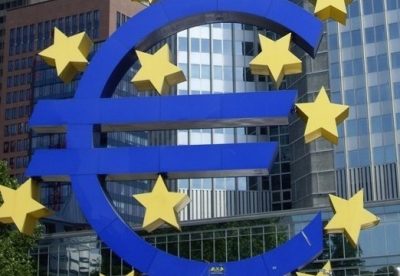
During the Corona pandemic comes an idea ‘on the table’ again: Euro bonds. With modifications, it is currently discussed as...
During this cooperation on Economic Literacy, the project partners neglected one crucial topic: work. It is of high relevance in times of crisis, wars on resources, digitalisation and the current structural changes of our economies. For this reason, the project group develops another learning platform on just this issue. Find here access to the project website and discover...
Would you like to understand how money is created? What the different facets of inequality are and how to address them? What economic growth, climate change and sustainable development are all about? Why we live in a "debt economy" - and what about global justice? Do you want to learn something about taxes without having to yawn? Then immerse yourself in courses we have written for you on these and other topics. We are adult educators and researchers from seven European countries. For an overview of the respective topic we offer a short version;...
ITD - Innovación, Transferencia y Desarrollo hosted an event in Barcelona/Spain on 21st July 2022 to introduce economic education to interested citizens. It started with a sociometric exercise. In this way, the participants were asked what they knew about the different schools of economic thought, about neoclassicism, the marginalists, Marx, Keynes and others. Then the ITD team's course on different economic theories was put up for discussion. This was combined with a look at the history of economic thought. It was amazing for the participants to see the impact theory can have in political...
Lublin/Poland: The University of Economics WSEI invited to an event on 23rd June 2022 to make the project and its results known to a wider public in Lublin. The two university lecturers Dr Marcin Marczuk and Prof. Tomasz Wołowiec presented the project and the content of the courses they had written on "Europe: Competition or Cooperation?" and "Migration: Economic and Social Effects in Europe". Artur Grzesiak then demonstrated the interactive and didactic parts of both courses. He followed by presenting the other courses of the European colleagues. Mr. Grzesiak emphasised that the content of...
14th June 2022: The Peipsi Centre for Transboundary Cooperation in Tartu / Estonia organised a discussion on questions of an environmentally sustainable economy today and in the future. The 40 participants - students as well as adult educators - were introduced to the two contributions that a staff member of the organisation had prepared for the project's learning platform. One is the course on "Public Goods and Social Welfare". The other was a course on "Economic Growth and Sustainable Development". On the second topic, a debate ensued about "green" growth: does this approach offer...
What is the role of adult economic literacy with a global justice perspective when working on the cultural impacts of forced migration? Partner organisation Financial Justice Ireland, based in Dublin, Ireland co-hosted a seminar/workshop on 23rd July and a smaller second event on 27th July to present and promote the learning platform for adult and community educators. Some of the questions we looked at included: What are the connections between tax avoidance by multinational corporations and migration? Why is it important to understand the issue of sovereign debt and debt crises in the Global...
How to face the current economic challenges and inequalities? The partner organisation AVITEUM, based in Prague / Czech Republic, hosted a seminar on 22nd June 2022 to present the learning platform and stimulate an exchange on economic challenges. The programme included these questions: How does the economy affect our lives? Do women and men have different positions in the labour market? What is feminist economics and how can it contribute to reducing inequalities? How can we inform ourselves about economic issues? What practical tools are available to us for this? Which ones are offered...
Socio-economic education on inequality and the climate crisis Under this title, the Vienna University of Economics and Business invited to a public event at the Volkshochschule Wiener Urania on 14th June 2022 to introduce the learning platform to a wider public and to practise socio-economic education. Reference was given to the observation that the climate crisis challenges not only the way societies shape their economies, but also what and how we learn about the economies. Thanks to the cooperation with the Adult Education Centre, adult educators, one of the target groups, were also present....
weltgewandt e.V. invited together with the public library Wolfdietrich Schnurre an event to launch the learning platform on Economic Literacy in Europe in Berlin on 19th May 2022. The seats were all taken as four colleagues presented their courses on Modern Monetary Theory, Strategies to Manage a Crises, Introduction to Feminist Economics and Economy and Climate for discussion. In times of burgeoning inflation, the course on Modern Monetary Theory (MMT) in particular provoked questions from the audience. Is it appropriate for a government to spend money and create jobs even if government revenues are...
... basic socio-economic education in Lublin/Poland Social inequality, ecology, climate, housing, health, gender justice, etc. - almost everything has an economic dimension. You don't have to have a higher education to understand such connections. This is exactly the approach of our cooperation of colleagues from seven European countries. They met from 22nd to 26th February 2022 for a five-day workshop at the WSEI University in Lublin/Poland to discuss socio-economic topics and to test methods for Economic Literacy in adult education. One session started with an "economic speed dating" about social inequality. What connection do...
Online discussion: „Tax is a crucial part of the story of injustice in the world. Unfortunately, many people hear the word tax and recoil - it seems dense, boring and perhaps a topic best left to the ‘experts’! This guide will help you as a facilitator understand just what tax is, why it is so important, what global trends threaten fair tax collection, and what might be done to help solve tax injustice globally.“ This is how the Irish colleague's contribution to the learning platform begins. We discussed it in the project group of...
They are like a „conversation salon“ as we know it from the age of enlightenment. Our regular online meetings. This time, the Czech and Estonian colleagues presented their contributions to the learning platform. Feminist economics is seen in contrast to the neoclassical school of economics. The difference in the view of human beings is particularly striking. Neoclassical economists start from the assumption of “homo economicus“, who always makes rational decisions, is free of any social influence, pursues his interests and has unlimited needs. Feminist economists, on the other hand, assume that human beings are...
Inequality, what’s this? And what different economic „schools“ exist? This was the subject of our most recent online meeting as part of our cooperation on 7th October 2021. Two further contributions to our learning platform were discussed. The Austrian colleagues presented a socio-economic understanding of inequality that goes beyond the usual interpretation of income inequality and also takes into account, for example, the global inequality in the consumption of CO2. They emphasised that inequality is not a „natural“ given, but is produced by society and its power relations. It is expected that inequality will...
Co-Working. We meet each other online regularly. On 24th March again. Colleagues of organisations from seven European countries planned their activities. Re-planed, re-planed, re-planed. Fortunately, there was also time for content. For example, the question of the connection between economic growth and environmental development. What kind of growth do we need? And what can happen in an economic system without (economic) growth? What transformation can there be towards a truly ecological economy? We enjoyed an intensive exchange and once again a great atmosphere in the group.
"That was much better than expected." "The exchange and feedback culture were very good. The comments on the articles were relevant and extremely helpful. This is not that often practised." "Cooperation, that's the meaning of EU projects." "I was very impressed by the interactive didactic parts." "Good atmosphere despite online communication." For one week, from 16-20/11/2020, project participants from seven organizations in seven European countries agreed on the first seven contributions to the learning platform. Due to the Corona crisis, the workshop had to be postponed several times and now had to take place...
Video conference, 29th October 2020 Women are often disadvantaged on the labor market. They generally earn less in comparable positions. Women are hardly represented in management positions. They are perceived as a "risk group" if they are single parents. And they often still lack self-confidence when it comes to turning their possibilities into realities. The partner of the Czech organisation AVITEUM addressed these questions and presented in her contribution strategies for the empowerment of women with regard to their skills on the labor market. The feedback from colleagues was factual, fruitful and driven by...
Working on the learning platform is itself a learning process. This became clear during our last video conference on 06.08.20. In a good sense. On the one hand, we discussed the contribution that was developed by the colleagues of the University of Vienna. The topic: "Climate and Economy". On the other hand, the project partners gave their feedback on the contribution of the Estonian colleague on "Public Goods and Social Welfare". The comments were differentiated and factual. Then the discussion turned to the question why we try to be multi-perspective. And what does that...
Our project's staff were already familiar with online meetings before the outbreak of the Corona pandemic. But like many others, in this project we have moved to cooperation through virtual exchange almost exclusively in recent months. However we also realise that working on our learning content, and in particular sharing educational methods, will always be best done face-to-face. At our last meeting, we discussed various possibilities for cooperating both online and in person, within the timeframe of our project. Fostering a European spirit among citizens as well as opening minds to international perspectives depends...
Instead of a five-day workshop in Tartu, Estonia, the group of colleagues from seven EU countries started a series of video conferences to exchange contributions to the learning platform that is currently being developed. The first meeting was dedicated to the discussion of two articles. One was written by the Spanish partners from the organisation ITD -Innovación, Transferencia y Desarrollo "Economic strategies to overcome the crisis: austerity measures or government investment programmes? The other was produced by the colleague from the WSEI University in Lublin/Poland: "Europe: Competition or Cooperation"? Very "hot topics" that fit...
Our Czech partner organisation, Aviteum, hosted colleagues from Vienna (Austria(, Tartu (Estonia), Dublin (Ireland), Lublin (Poland), Barcelona (Spain) and Berlin (Germany) at our first project meeting Prague from 7-9 November 2019. Together we planned the design and content of the online learning platform for adult socio-economic education which we intend to develop. In particular, we focussed in on identifying the specific target group we wish to reach, and how to meet the needs of the future users of our learning platform. We fine-tuned the topics which we intend to deal with: market and state,...